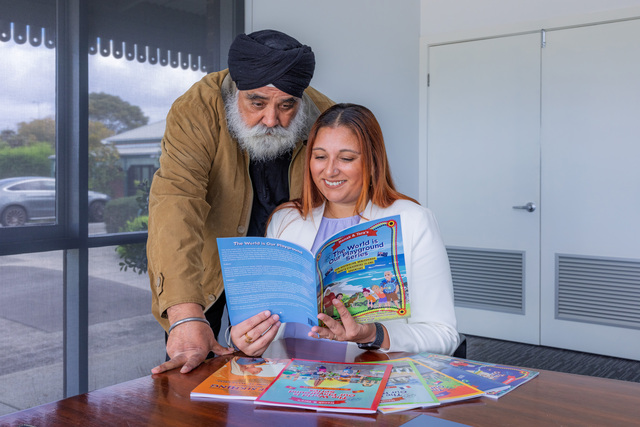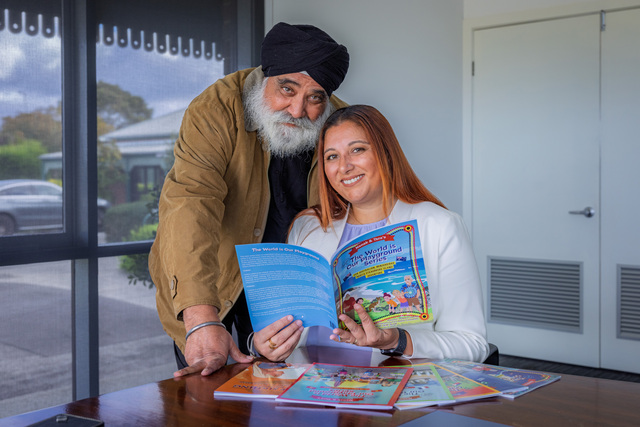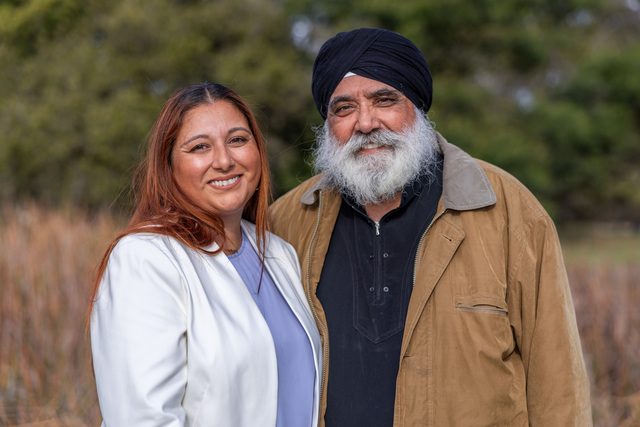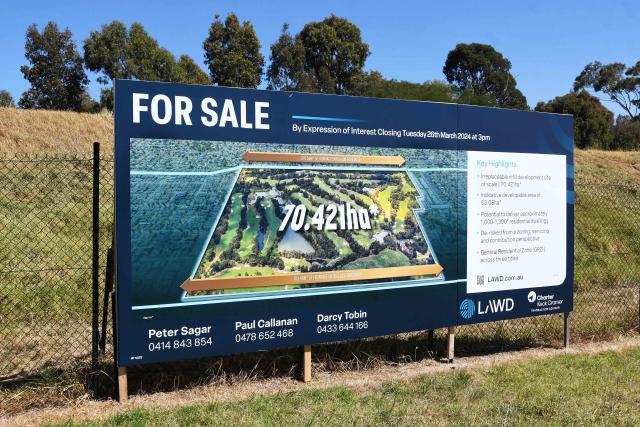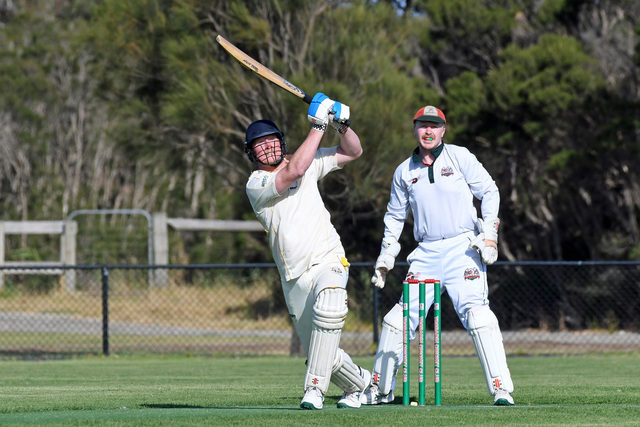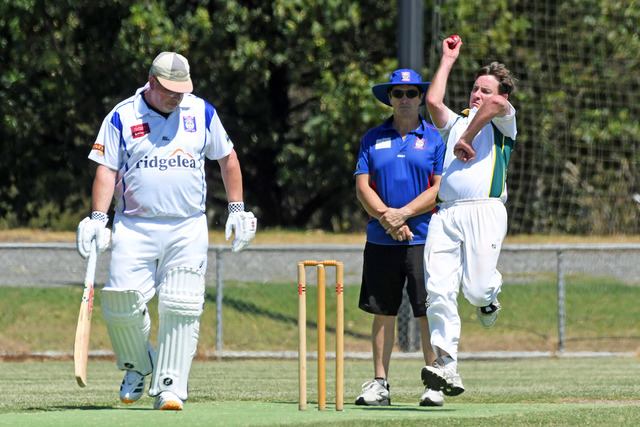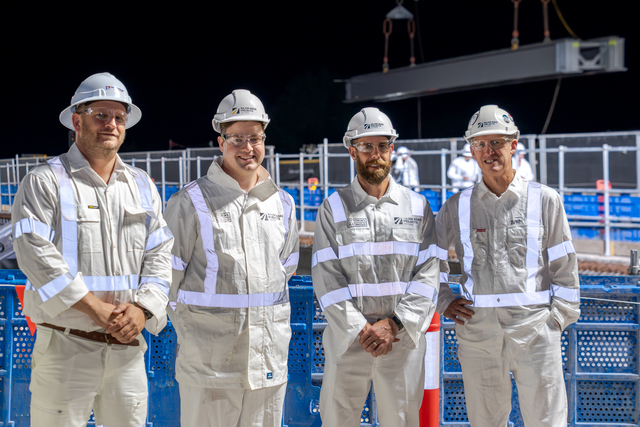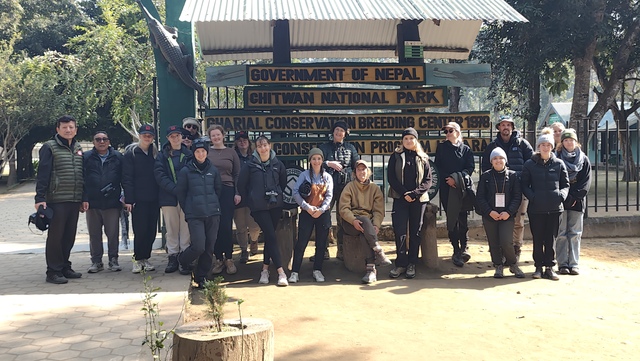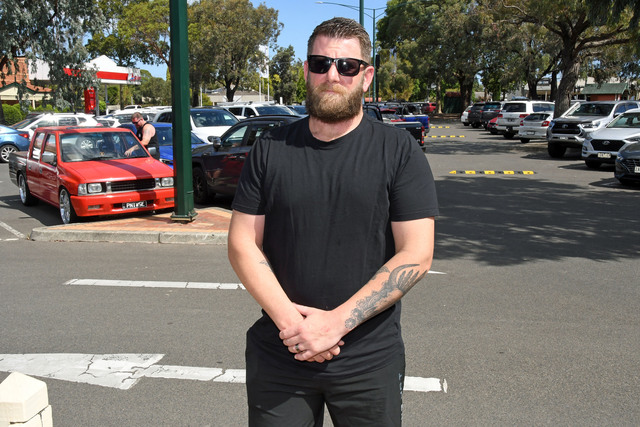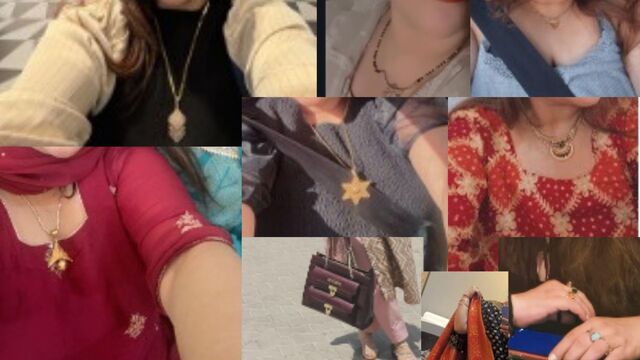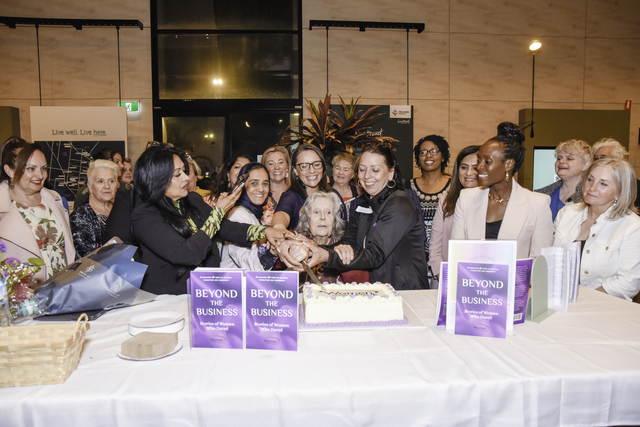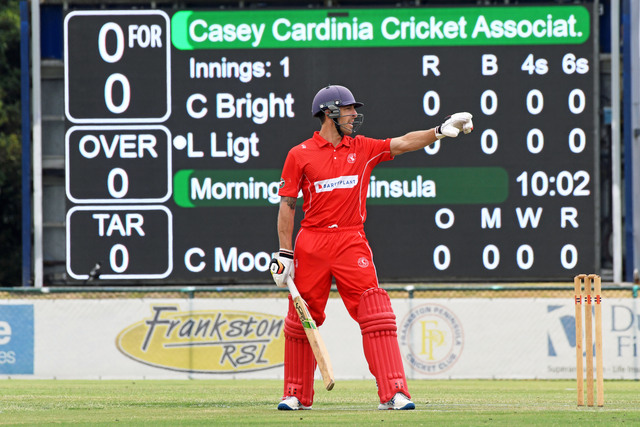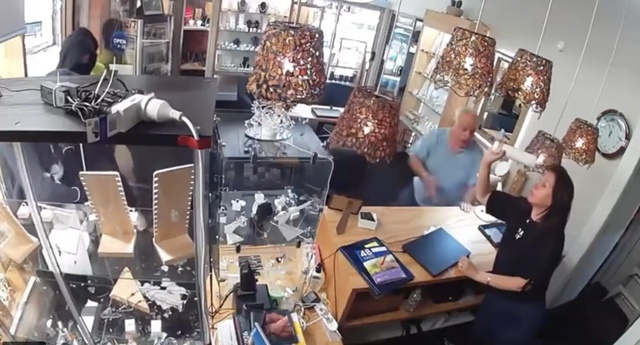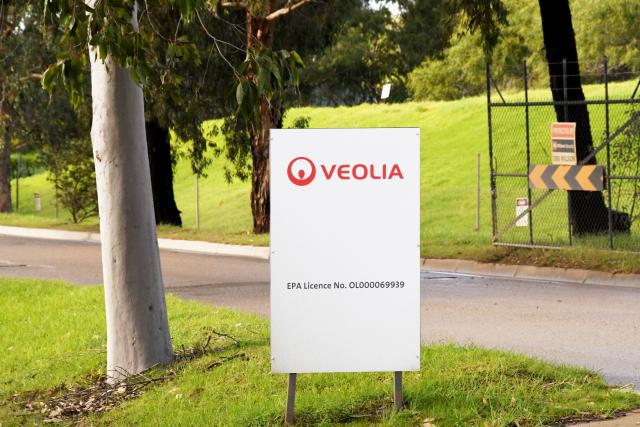Authors and advocates for cultural harmony Dya Singh and Dr Jamel Kaur Singh say it’s time for some truth-telling.
The father-and-daughter team are embarking on a regular opinion column Truth Be Told for Star News Group.
They say they’re willing to cop any backlash for saying the things that many people can’t.
Tackling the unconscious bias and prejudice that they often encounter.
But also to write about what “unity in diversity” looks like in Australia.
More than just penning a column together, the pair still live under the same roof.
“In our communities we haven’t got to the stage of putting our old folks in old folks’ homes,” Dya says.
“It’s the responsibility of young people to look after their elders.”
Jamel says sometimes she’s asked why she still lives with her parents, but she retorts they live with her.
“I run the household. Plus they’re bloody good baby-sitters,” she adds.
She says the set-up might be an “alien concept” to some – just as households crammed with up to 10 people can draw complaints.
Such as the multitude of cars clogging street parking, or the regular sizzling, smoky barbecues and spit-roasts.
Recently in Hallam, a week-long celebration for hundreds of people blocked driveways and roared until late each night.
“So these people (holding the celebration) need an induction in what is acceptable and unacceptable in Australia,” Jamel says.
“How about you go around to neighbours’ houses, let them know beforehand and invite them to the celebrations?”
Dya says from his experience in Malaysia, families of many cultures in the same street gather, ‘bring a plate’ and celebrate together.
“At Diwali, everyone celebrates – that’s harmony. We don’t do that in Australia.”
A Malaysian-born former journalist, Dya has written books and articles on cultural harmony for four decades.
He’s also formed groups Sikh Youth Australia and Young Sikh Professionals Australia to help new generations find their identity including to be loyal to this country.
He describes Sikhs as “universal citizens” who were loyal to every country they settle in.
The column Truth Be Told was a way of paying back to “this beautiful country” – offering a “third view” that’s neither black or white.
“People are scared to say the things that we’re prepared to say.”
But there’s much to do to unify a country that he says is segmented three ways into First Nations, whites and CALDs.
Currently, Australia pays “lip service” to ‘unity through diversity’, he says.
Thirty years ago, he spoke out against the notion of an International Day for Tolerance.
“Should I be tolerating another human being or should I be accepting them?”
As Jamel puts it, “I tolerate my Brussels sprouts even though I might not like them.”
Jamel is an academic, cultural-education consultant, army reservist and writer of a childrens book series on different cultures.
She says she was a child of multifaith events, taking minutes for her mother’s multifaith associations and organising multifaith projects.
As a recent Casey Council candidate, Jamel memorably spoke out against the racist graffiti that defaced her election signs. It exposed an ugly underbelly in the diverse South East.
At the same time, she noted an “Anglo-Saxon” contender describing themselves as the “genuine local” candidate.
“Whether it’s conscious or unconscious … a lot of people don’t actually realise what they’re implying when they say something.”
She says she is often asked where she comes from – with the inference that she doesn’t “look Australian”.
“I’ll say I’m from Adelaide. And they’ll look at you and you know what they’re inferring – they say no, before that?
“I’ll say I was born in London – but don’t hold that against me, I’m definitely no Pom.
“They say before that … Well, my parents were born in Malaysia – how far back do you want me to go?
“Dude, I’m Australian.”
On the other hand, Jamel says it’s important that those who make Australia home also take pride in being Australian.
CALD (culturally-and-linguistically-diverse) communities need to avoid a ‘ghetto mentality’, and integrate.
Building on “true blue” values of family, mateship, ‘she’ll be right, mate’, volunteering and larrikinism.
“This is staying in their comfort zones and not learning English because the government is happy to give them free interpreter services.
“There’s obviously exceptions to the rule like mental health, learning disabilities or too old to learn new tricks.
“But for the average person to live here for 20 years and not learn English because they can ring up an interpreter for free is not right either.”
Election handouts to various places of worship and celebrations are also “divisive”, playing favourites with certain communities to “buy votes”, she says.
Another example is the State Government’s controversial renaming of a Berwick Springs lake to Guru Nanak Lake after the founder of the Sikh faith – without consulting residents.
A road-safety sign in Punjabi language installed in Tarneit was also rightly criticized, she says.
“How is that creating harmony? It alienates everyone else.”


